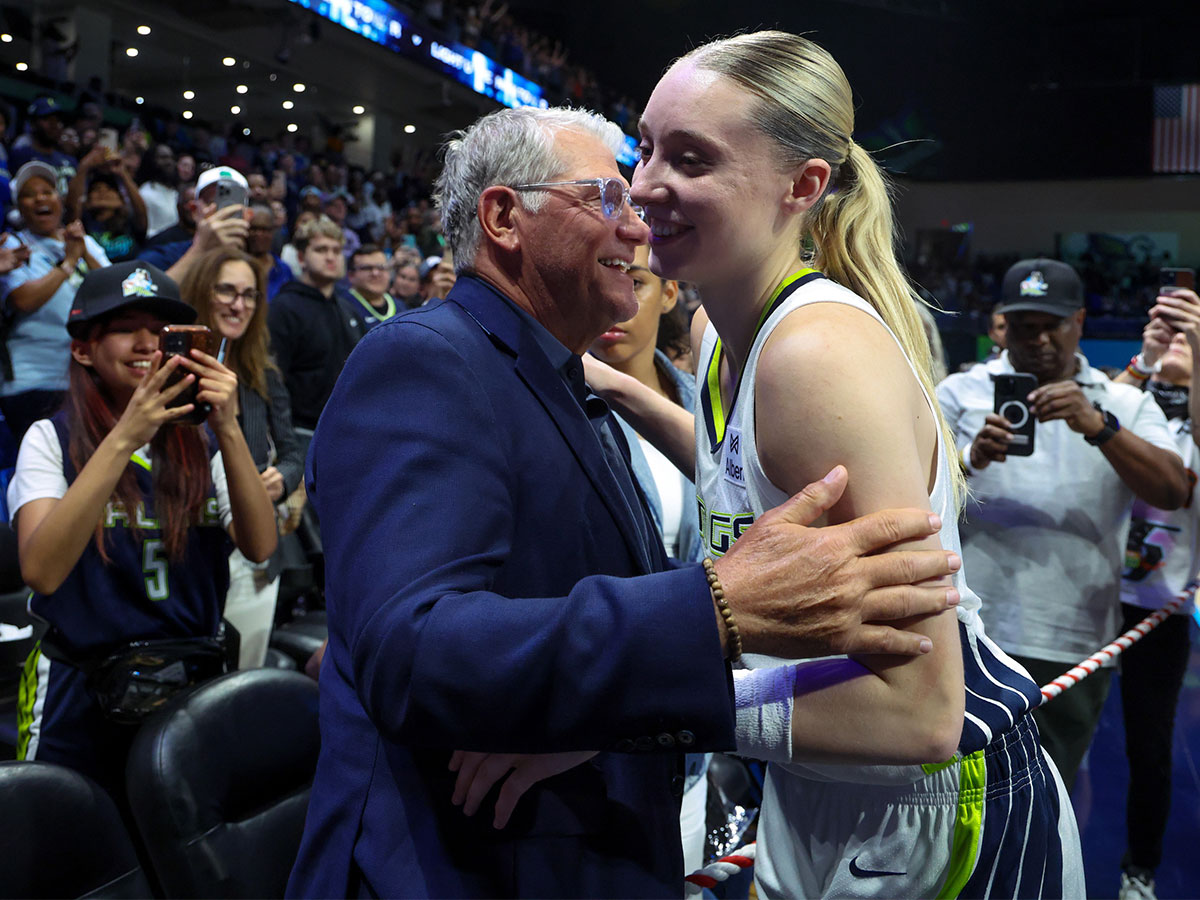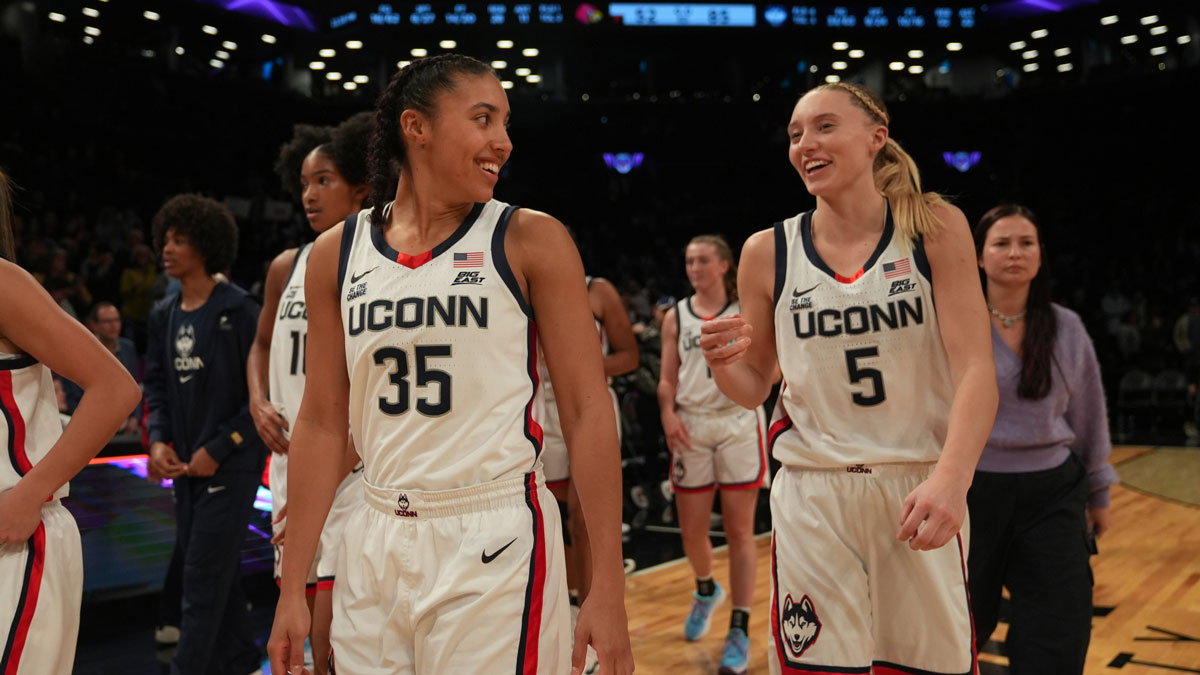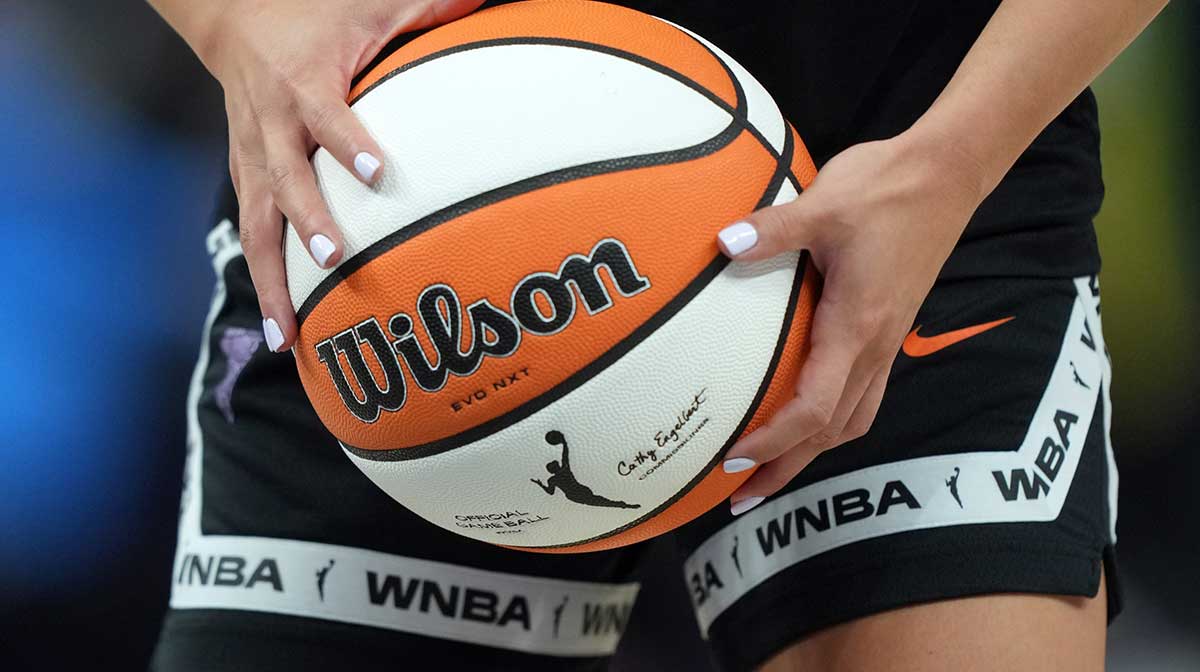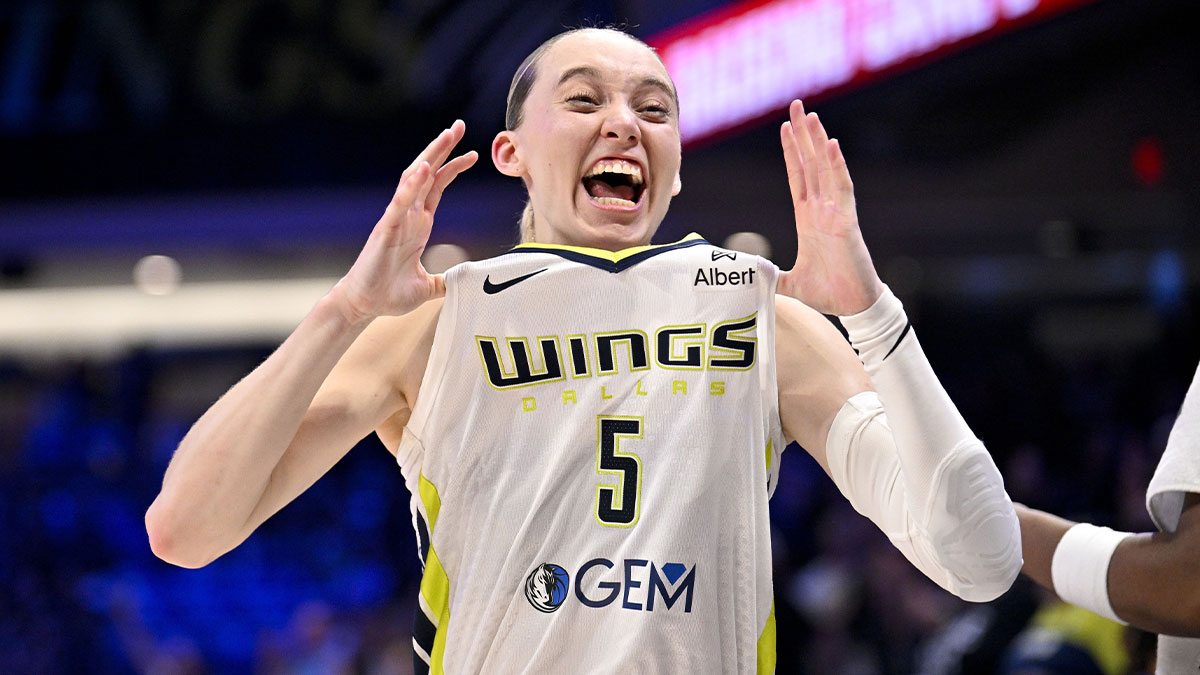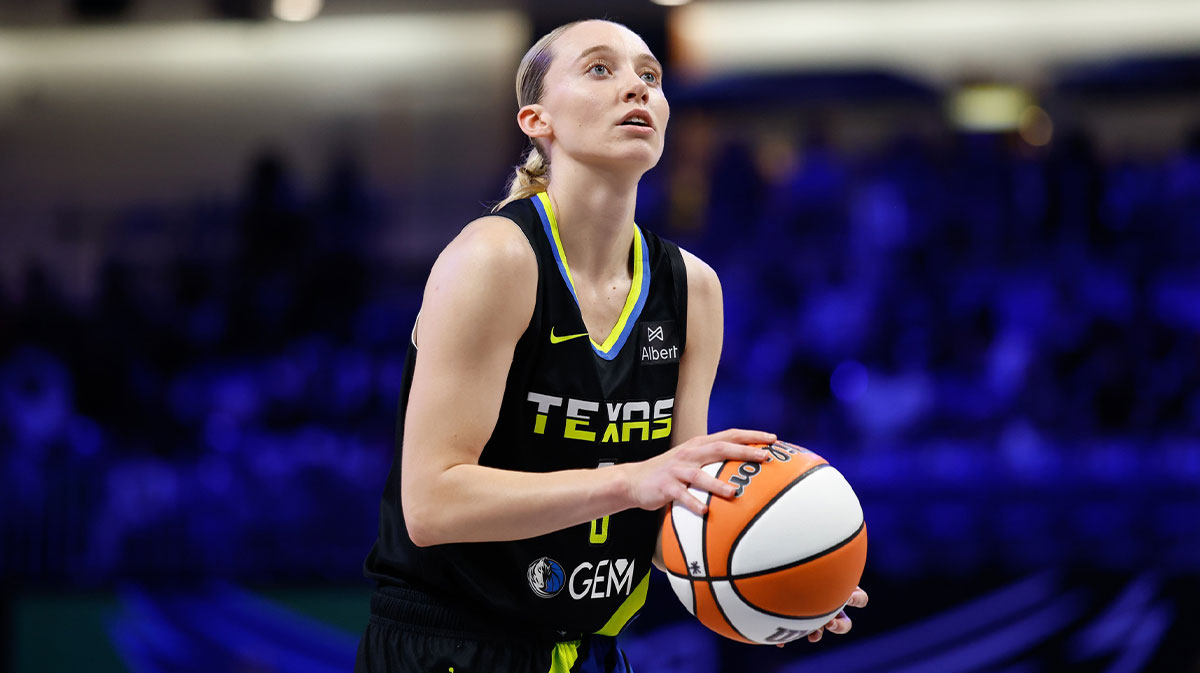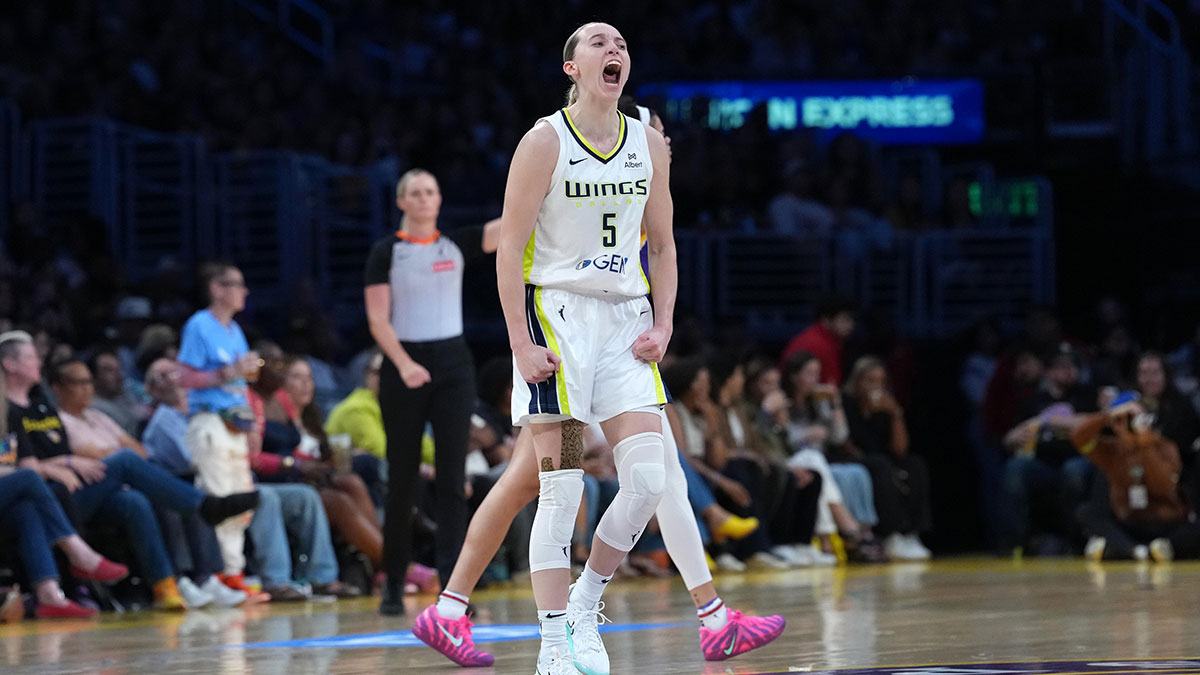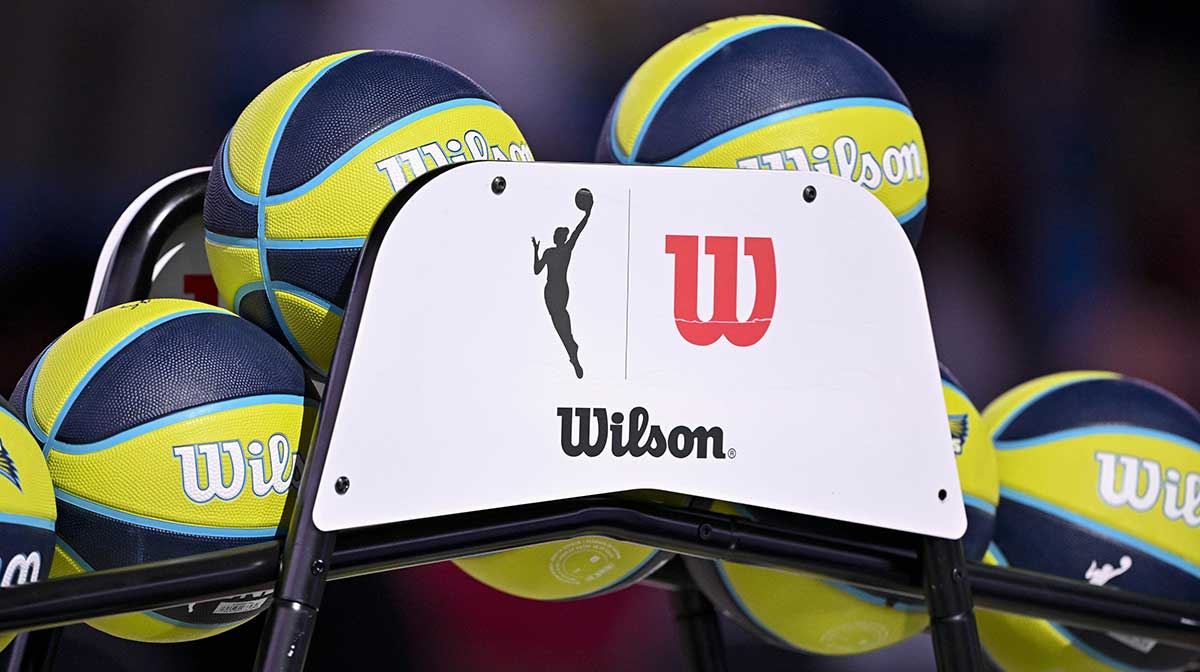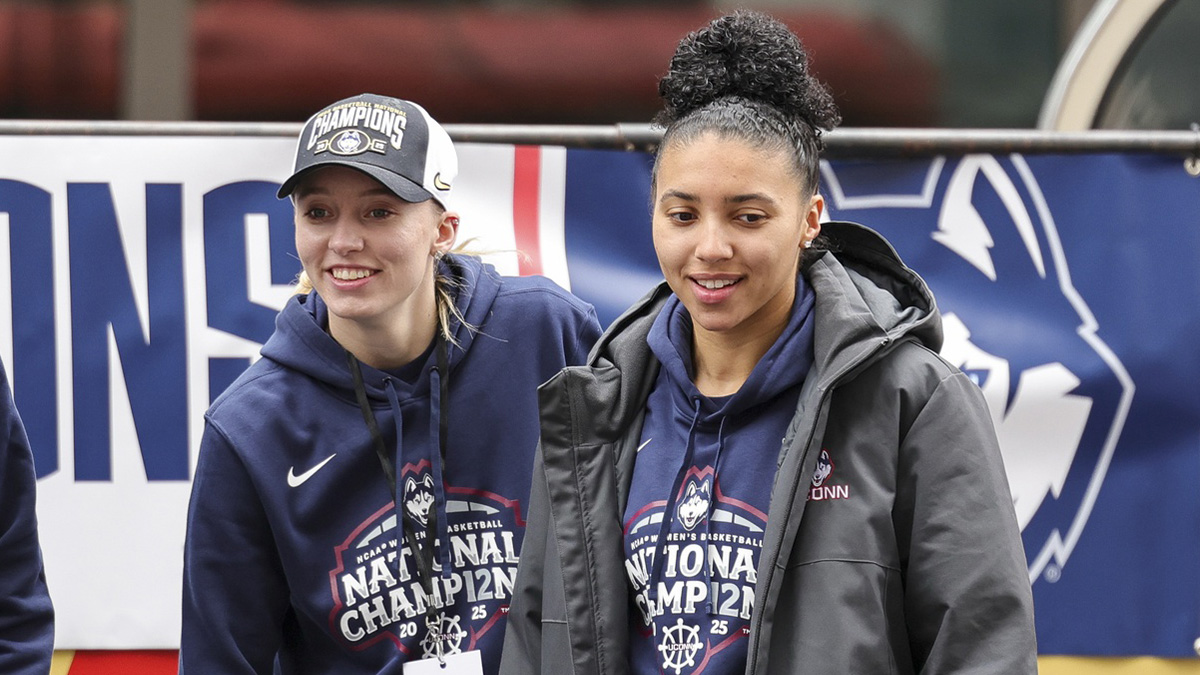Knee injuries are unfortunately quite common in the basketball world. Serious knee injuries occur far too often. As a result, fans were fearfully considering the worst possible scenario when it was announced that Dallas Wings rookie Paige Bueckers was going to miss last Saturday's game against the Washington Mystics due to a knee issue. The fear declined after head coach Chris Koclanes revealed that Bueckers' absence was a “precautionary” move, as the game represented the second of a back-to-back.
Bueckers admitted on Wednesday after practice that she has dealt with patellar tendinitis since high school, however. The Wings rookie practiced on Wednesday and is expected to be available for Thursday's game. With that being said, Bueckers is used to dealing with knee pain.
“I’ve been dealing with patellar tendinitis since I was in high school,” Bueckers told reporters Wednesday. “In a sense, you’re managing it at all times. There’s no day where it probably doesn’t hurt. But to be on the second night of a back-to-back where I just played 38 minutes, it usually never feels great the day after the game. But we usually either have a off day or a light practice day to where I can recover… Assuming I would either have to play a lot of minutes or be managed, we thought it was the smart thing to do to rest and recover.”
Is this simply an issue that Paige Bueckers will have to deal with for the rest of her career? Is there a solution?
Paige Bueckers' lingering knee injury
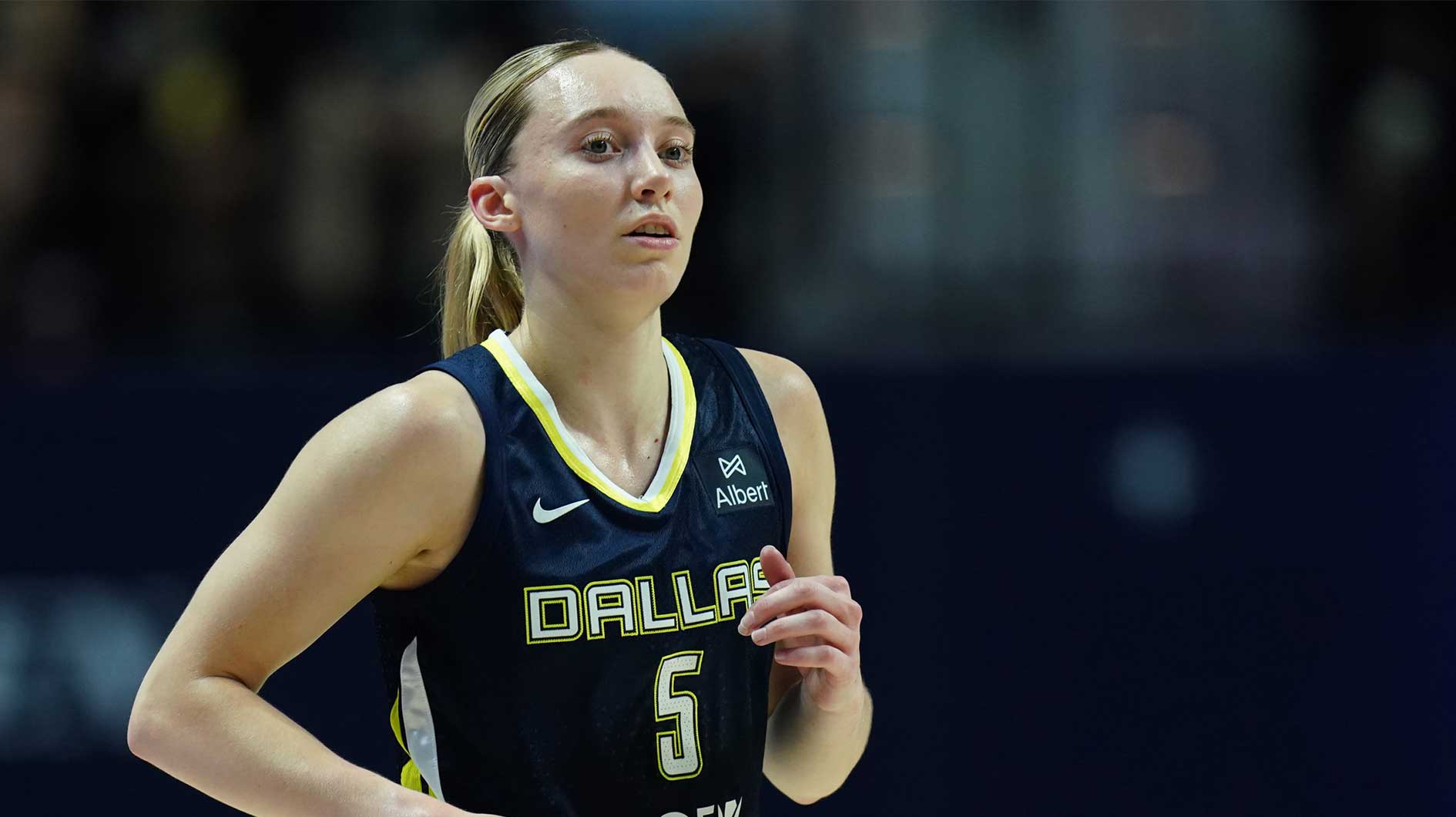
Following Wednesday's practice, a trusted source — who is a doctor — discussed the situation with ClutchPoints and provided potential remedies. The source's analysis provides important insight into the situation.
“Patellar tendonitis that’s chronic becomes patellar tendinosis,” the source told ClutchPoints. “Which means it’s more challenging to get rid of because the tendon changes structurally. Usually it’s a combination of load management (reduction in time playing the sport) and progressive tendon loading to strengthen it. In addition, there’s usually biomechanical issues above and below (there could be ankle stiffness, glute weakness, poor pelvic control, poor abdominal control, etc.) that are contributing. In addition, there can be issues on the left side that could be forcing someone to overuse the right side so making sure the left hip/knee/ankle are doing their job.”
The source mentioned “load management” and “progressive tendon loading” as possible solutions.
Load management, as mentioned, is simply playing less games or less minutes in games. Progressive tendon loading is a strategy that slowly increases the weight placed on the tendon during workouts and exercises. The source also noted that “injections can help” as well.
Is there a serious level of concern? After all, patellar tendinitis is fairly common in athletes.
“It’s a self limiting injury meaning that if it ends up hurting too much, you’ll stop playing in that moment,” the source added. “It can become chronic where it just lingers forever unless you address the issues above.”
No reason to panic
As long as Paige Bueckers continues to receive proper treatment — she is an athlete in the WNBA so that shouldn't be an issue — she will likely be able to have a long and successful career in the league despite the aforementioned injury concern. There is no reason to panic.
With that being said, Bueckers is averaging 35.6 minutes per outing and did not receive much rest between the end of the college basketball season and WNBA training camp.. It would not be surprising to see her minutes begin to decrease as the season continues to move forward. The Wings know she is a franchise superstar, and they want to ensure that she will have a healthy career in the WNBA.
There is no reason to risk further injury.









